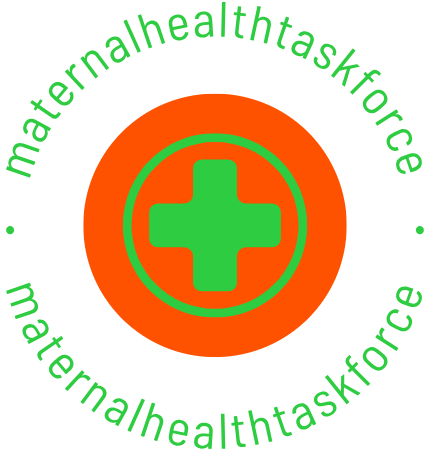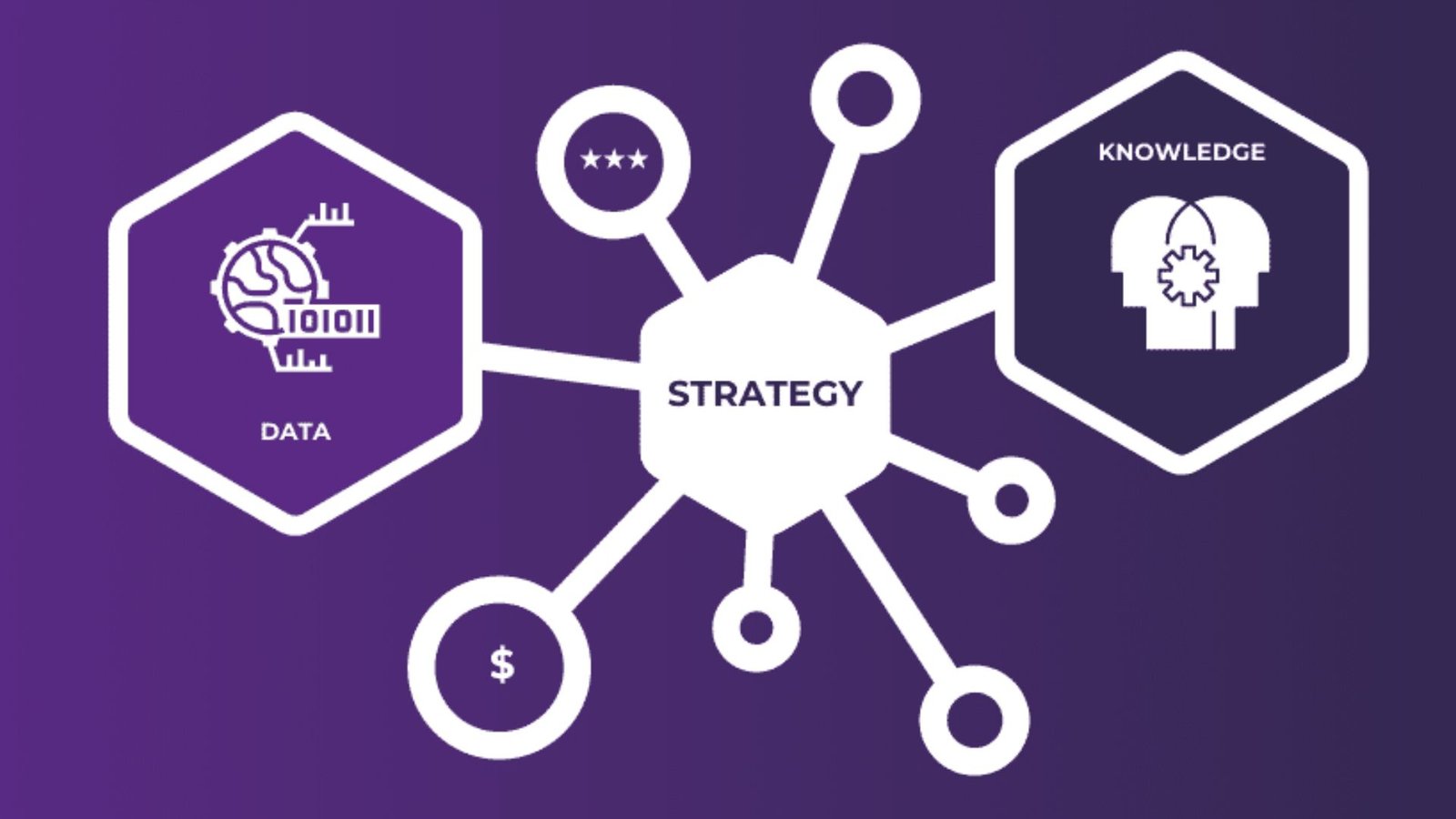In today’s fast-paced world, organizations increasingly rely on effective knowledge management (KM) tools. These tools empower teams to capture, share, and leverage knowledge efficiently. By implementing the right tools, businesses can enhance collaboration, streamline processes, and foster innovation. Let’s explore essential tools that make knowledge management successful.

Knowledge Repositories
Knowledge repositories serve as centralized storage for information. These tools allow organizations to store documents, reports, and best practices in a single location. By utilizing cloud-based platforms, teams can access critical information anytime, anywhere. This accessibility encourages employees to seek out existing knowledge instead of reinventing the wheel. When knowledge repositories are organized effectively, they become invaluable resources for decision-making.
Collaboration Platforms
Collaboration platforms play a vital role in information management by facilitating communication among team members. Tools like Slack, Microsoft Teams, and Trello enable real-time collaboration, allowing teams to share ideas, documents, and updates seamlessly. These platforms promote transparency and accountability, ensuring that everyone stays informed. Moreover, they create a space where employees can ask questions and engage in discussions, enhancing collective intelligence.
Document Management Systems
Document management systems (DMS) streamline how organizations create, store, and share documents. With features like version control and easy retrieval, DMS tools help teams manage documents efficiently. This efficiency reduces the risk of errors and ensures that everyone works with the latest information. Implementing a robust DMS can transform how teams collaborate and access vital knowledge.
Learning Management Systems
Learning management systems (LMS) are crucial for fostering a culture of continuous learning. These tools allow organizations to deliver training programs and track employee progress. By utilizing an LMS, companies can ensure that their workforce remains skilled and knowledgeable. Additionally, LMS platforms can provide personalized learning experiences, catering to individual employee needs and preferences.
Knowledge Mapping Tools
Knowledge mapping tools help visualize knowledge flows within an organization. These tools identify who knows what and how knowledge moves throughout the company. By creating a visual representation of knowledge assets, organizations can pinpoint gaps and leverage existing expertise. This clarity enhances collaboration and encourages employees to seek out the right resources for their projects.
AI-Powered Tools
AI-powered tools revolutionize knowledge management by automating tasks and providing intelligent insights. These tools can analyze large volumes of data, identify patterns, and offer recommendations. For example, chatbots can assist employees in finding information quickly, while predictive analytics can forecast knowledge needs based on trends. By integrating AI into knowledge management strategies, organizations can boost efficiency and decision-making.
Feedback and Survey Tools
Feedback and survey tools are essential for gathering insights from employees. These tools allow organizations to assess the effectiveness of their knowledge management practices. By collecting feedback, companies can identify areas for improvement and make necessary adjustments. Engaging employees in this process fosters a sense of ownership and encourages participation in knowledge-sharing initiatives.
Conclusion
Effective knowledge management tools empower organizations to harness the collective intelligence of their workforce. From knowledge repositories and collaboration platforms to learning management systems and AI-powered tools, each plays a crucial role in enhancing knowledge sharing. By adopting these tools, businesses can improve collaboration, streamline processes, and drive innovation. In a world where knowledge is a competitive advantage, investing in effective KM tools is essential for long-term success.










